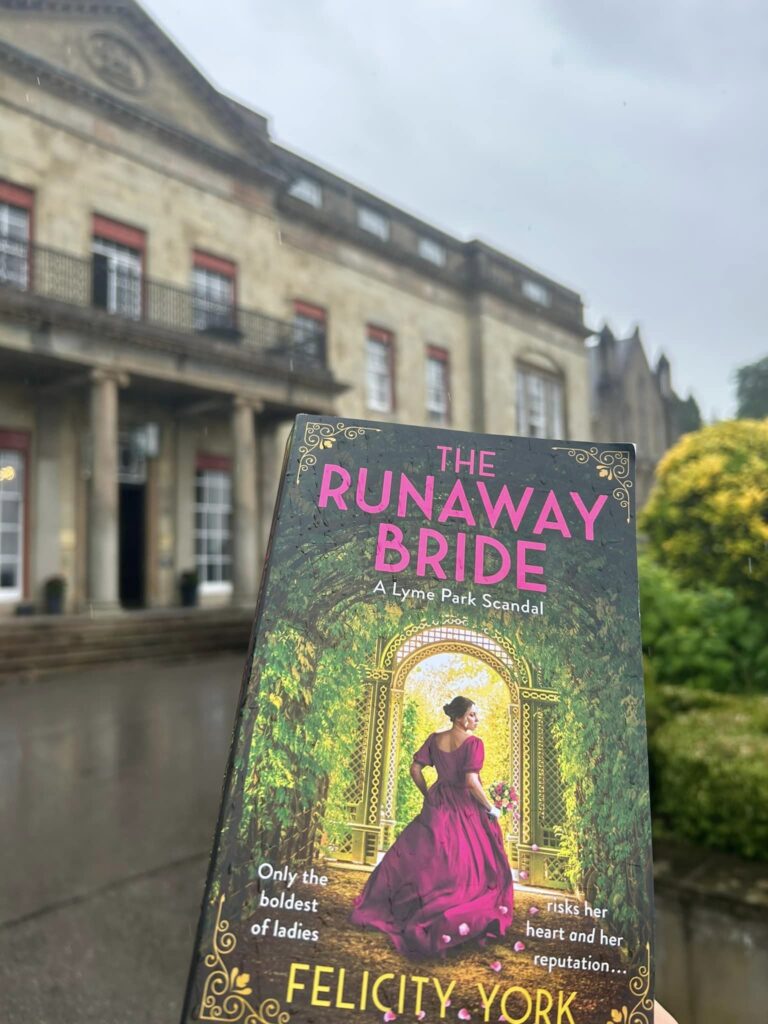
This spring ‘The Runaway Bride’ was published by Lancashire based author Felicity York. It provides a romantic twist of the historical account involving the kidnap of Shrigley Hall resident, Ellen Turner, by local rogue Edward Wakefield. We caught up with her this autumn to discuss inspiration, visiting the properties, Benedict Cumberbatch, and more…
- How did you discover the story of Ellen Turner & Edward Wakefield & what inspired you to write the book?
Thank you so much for inviting me to contribute to your blog!
The initial idea to tell the story of Ellen, Edward, and Thomas Legh came from my lovely publisher, Harper North, and I was commissioned to write the book which is the first in a series of three books called Stately scandals.
After those initial discussions I set off to research the story and was utterly drawn to Ellen’s story. It’s so incredible, and more so for the fact that it is a true story. Kidnappings and dashes to Gretna are so often part of Regency romances readers will be very familiar with the trope, but in this case, it actually happened. It was fascinating to look at the story of what it was really like to be whisked off to Gretna and be married. I think what sets it apart is Mr Turners response. I won’t go into detail and spoil it for anyone who hasn’t read it, save to say, it wasn’t the usual response…
- Did you visit Shrigley Hall & Lyme Park in the lead up to writing the book? What additional research took place into the building & area?
I did. I came to Shrigley Hall a couple of times and walked around the grounds, looked at the surrounding area, and generally tried to soak up the feeling. I also had a look around the interior and had an amazing Sunday lunch in the restaurant! Walking about the house, sitting in what is now the lounge, and knowing that this is where Ellen and her family sat was quite something. Shrigley was a gorgeous house, and now a fabulous hotel that retains much of the original. I can see why Ellen’s family were so proud of it.
I also went to Lyme Park a couple of times and walked around the house and the gardens. It’s such an atmospheric place and with the links to Pride and Prejudice so recognisable. Inside the house is beautifully preserved and I could imagine Ellen and Thomas in the Library so clearly.
I spent a lot of time just sitting, looking, and imagining. I daresay I’ll be back!
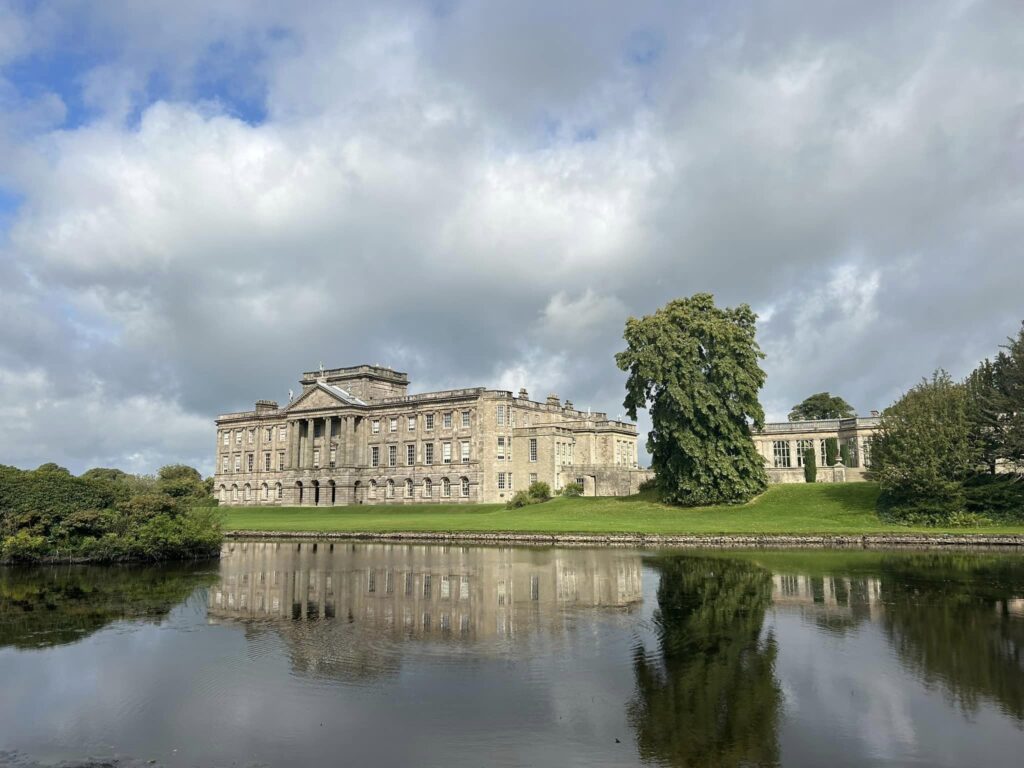
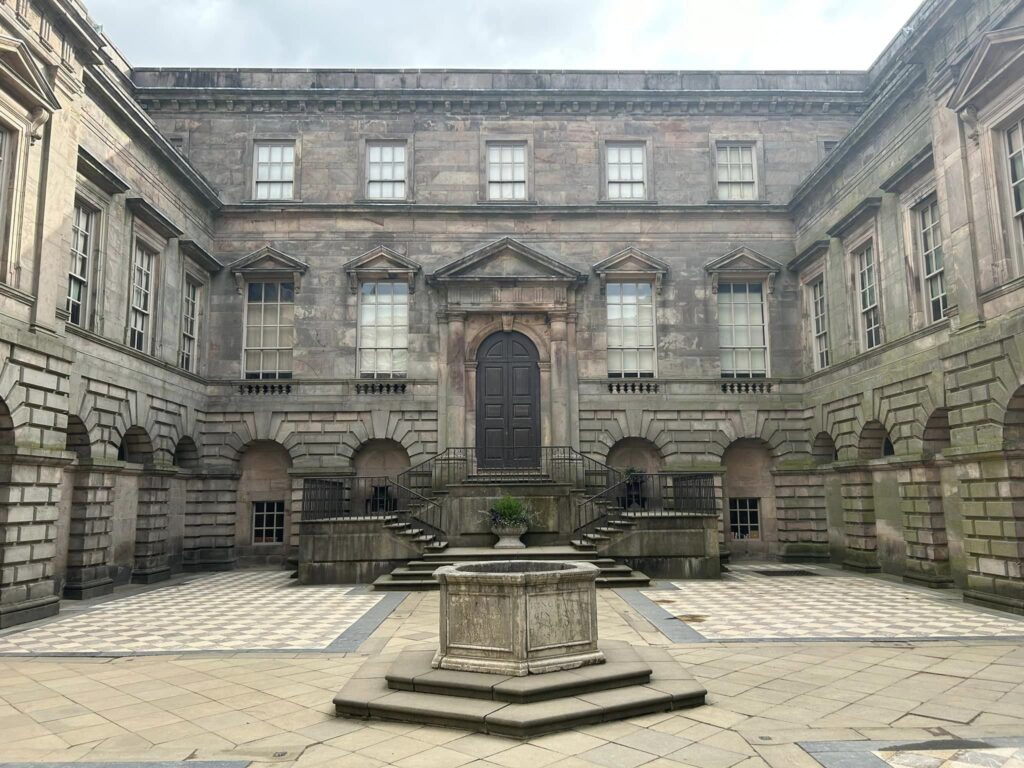
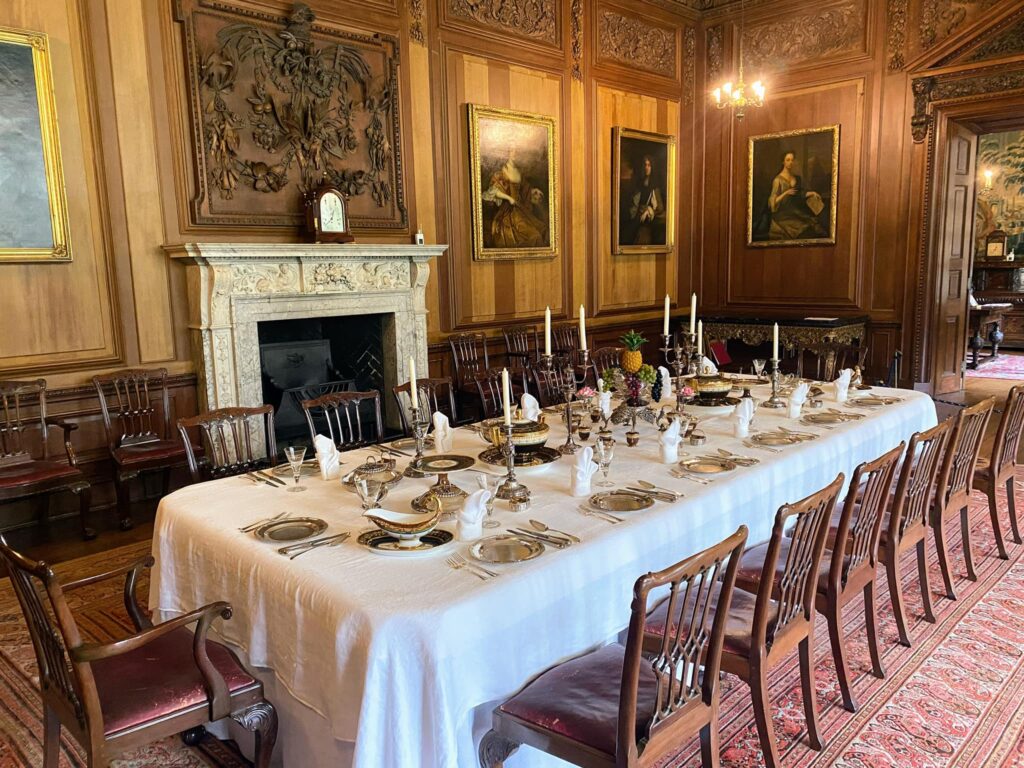
- Many people have said that the whole story would make a fabulous period drama. Do you agree with this & if so, if you had access to any actor/actress, who would you cast in the leading roles?
Oh, my word, yes! I think it would be sensational as a period drama. Full of excitement, danger, and romance (yes, I know I’m biased!) it would be perfect.
I have had thoughts about who might play the key characters. I’m probably showing my age here, but I’m a huge fan of the 2005 film version of Pride and Prejudice and can definitely see Kiera Knightly and Matthew MacFadyen as Ellen and Thomas. Perhaps Benedict Cumberbatch as Edward…? He does a good villain. One character I found really intriguing in the story was Frances Wakefield. I think Helena Bonham Carter would do her justice. Oh, and Brenda Blethyn as Mrs Turner and Philip Glennister as Mr Turner would be amazing. I’m sure younger readers will have a whole different list. It would be really interesting to cast it in the way they did with Bridgerton.
- Tell us a bit more about the ‘Stately Scandals’ series? Was there any reason why ‘The Runaway Bride’ was the first published? What’s next?
The Stately Scandals series will focus on dramatisations of real stories that focus on people / families from the north of England written by northern authors. I’m originally from Yorkshire, but currently live in Lancashire. The next in the series planned for early next year is called The Quiet Wife and will focus on a scandal at Speke Hall in Merseyside. The final book will be The Secret Sister and will focus on the Devonshire’s of Chatsworth. There wasn’t any real reason behind the order in which the books would be written, but I was particularly drawn to Ellen’s story so I was really glad to do that one first.

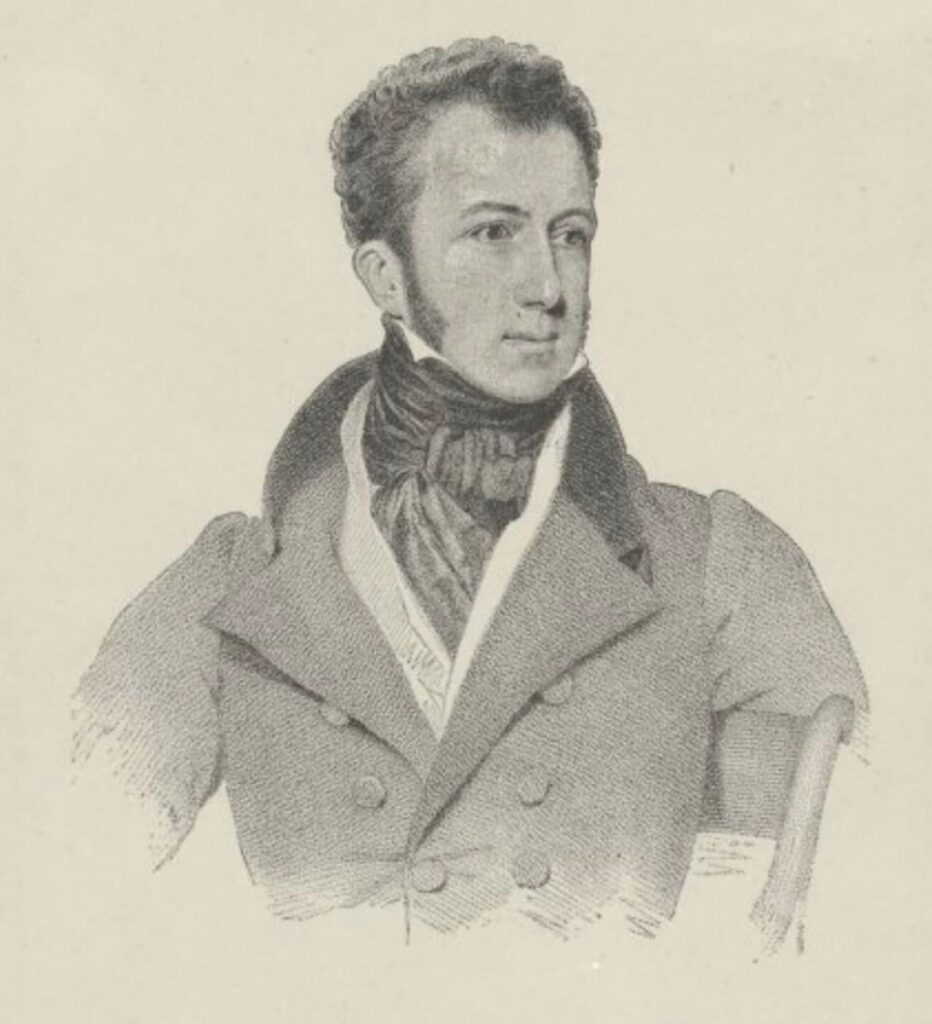
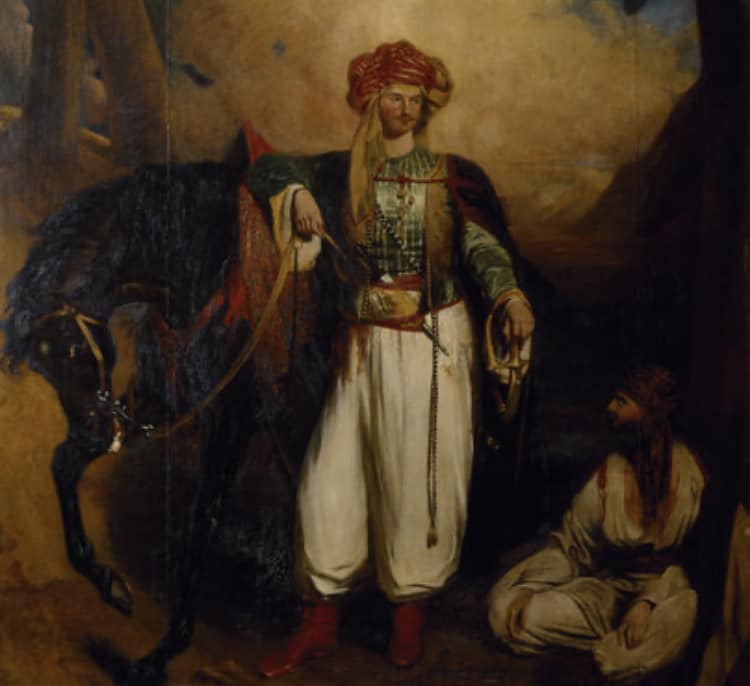
- Following your research into the character of Edward Wakefield, did it surprise you to learn that he seemed to turn his life around, becoming an upstanding member of society and imperial visionary?
It really did. I spent a lot of time looking into Edward as he is such a fascinating character. He seemed to have absolute confidence in himself no matter what he did. Most would assume that he would be subdued after the affair with Ellen but no, he picked himself up and launched himself even higher. He was remarkably resilient and seemed to have absolute belief in what he was doing.
- Did you have a favourite character in the book? If so, why?
Ooh that’s hard. I loved Ellen. I thought she was incredibly resourceful, and brave, but I adored her father, William Turner. The Turners came from Blackburn which is about fifteen minutes from where I live. There was some true northern grit in William’s response to what happened. Again, I won’t go into too many details, but I had a lot of fun writing him. Also, I can’t leave out Thomas Legh because he was really interesting. He’d had such a fascinating life and I spent ages reading about his travels as a young man because I managed to get hold of a copy of the book that he wrote. So, to come back to your question, I can’t name a favourite – I love them all!
- How much did you have to move away from the truth when writing the book?
It’s a balancing act when dramatizing real events, but I tried to stay as true to the original story as I could in terms of what happened to Ellen, but I changed the timelines in some places for dramatic effect. I had a copy of the court transcript from the trial and used that quite extensively in the court scenes but added to it a little to fit the story. The romance between Ellen and Thomas came entirely from my imagination as did her relationship with her friends and the Viscount.
- The episode received huge attention from the national press at the time. Why do you think this was?
I think it’s because an abduction was always a source of wildly exciting gossip back then. Any whiff of scandal attaching to a young lady would be enough to send the hacks racing to get their stories in the press, but a wholesale abduction would have sent them into a frenzy. Also, it went on for quite a while, so they kept on and on coming back to it.
- There are definite parallels between the attitude of Mrs Turner and Mrs Bennet in Pride & Prejudice regarding their daughters, ‘choice’ of future groom, and standing in society. Did it surprise you that Mr Turner fought so hard for the marriage to be annulled, where many parents at that time would have taken the opposite course of action to avoid potential scandal?
There were definite parallels between the two. Mrs Turner would have been desperate for Ellen to make a good match as would most mothers of the time and I think she would have got along famously with Mrs Bennett. The most important thing for her would be Ellen’s reputation and by extension, their reputation. Being from trade they were already at a disadvantage socially, so reputation and standing was everything. I think the thought of the loss of that would have overwhelmed her.
I rather got the feeling that Mr Turner wasn’t as invested in the whole notion of social standing in the way that his wife was. Perhaps being from the north of England and being a businessman, he had a different outlook to people considered ‘old money’ for whom reputation was everything. As I read about him, I could see why he might feel he needed to fight rather than give in. I also got the feeling that Ellen was rather like her father and could see that if she wanted a better life than being stuck with Edward, she’d have to fight for it. And fight she did!